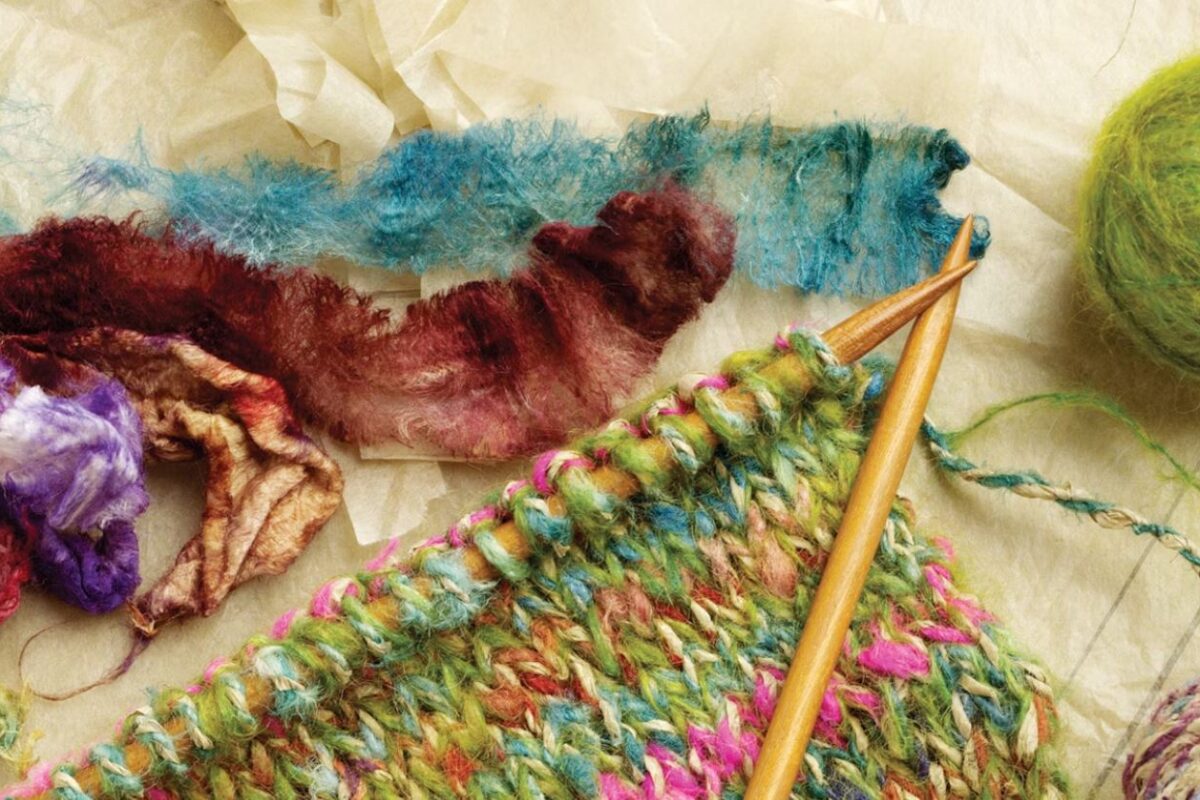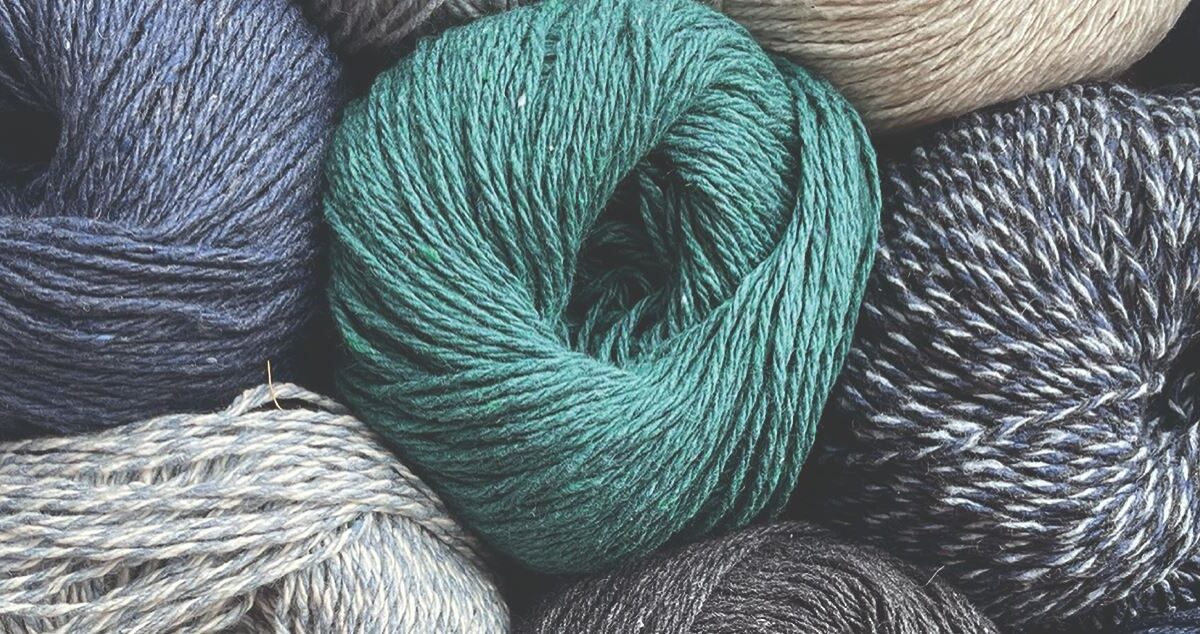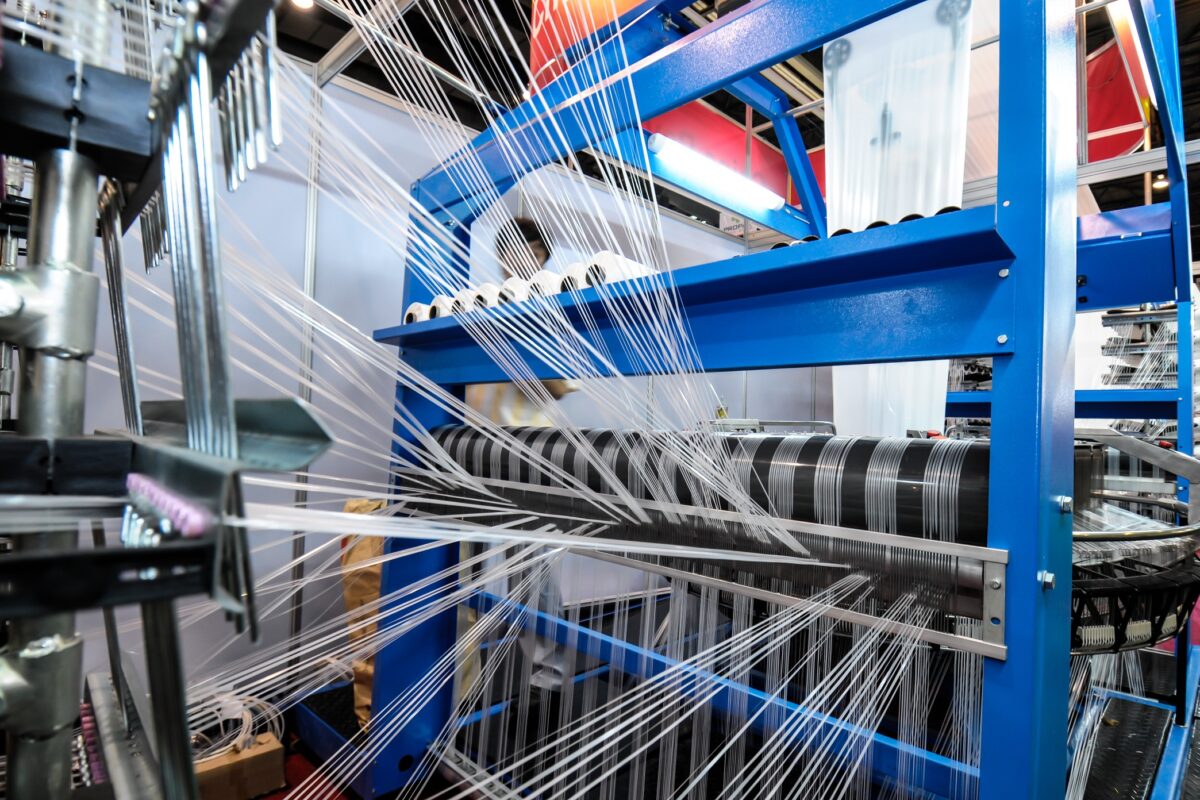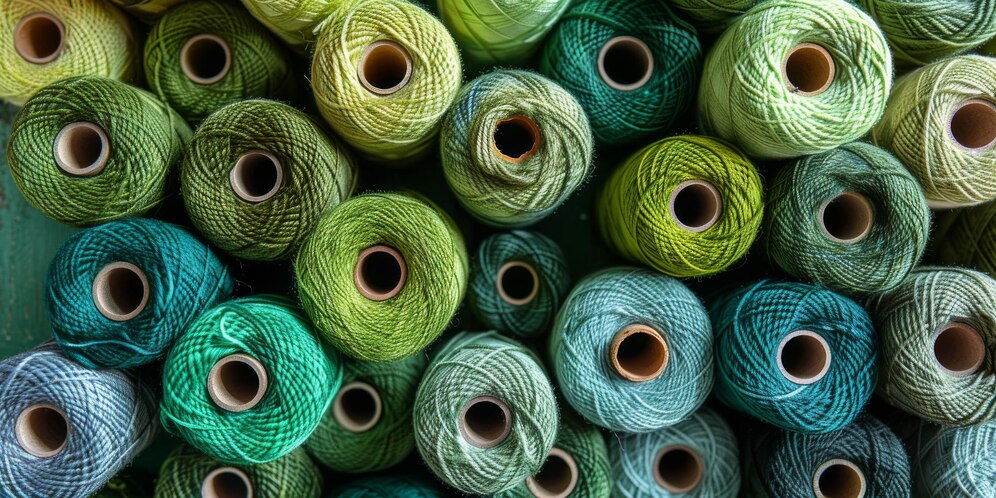In a world increasingly conscious of environmental impact, the textile industry is experiencing a significant shift toward sustainability. As knitters and crafters seek eco-friendly alternatives, Recycled Yarn has emerged as a game-changing option that combines environmental responsibility with creative potential. Leading the charge in this sustainable revolution is KS SPINNING MILLS, one of India’s premier Recycled Yarn Manufacturers, offering innovative solutions for environmentally conscious crafters.
Environmental Impact
The most obvious benefit of Recycled Yarn from Manufacturers like KS SPINNING MILLS is its positive environmental footprint. Traditional yarn production requires significant resources:
● Virgin wool demands vast grazing lands and involves chemical treatments
● Cotton cultivation consumes enormous amounts of water and often relies on pesticides
● Synthetic fibers derive from petroleum, a non-renewable resource
By contrast, Recycled Yarn dramatically reduces these environmental burdens. Whether created from post-consumer textile waste, industrial fiber scraps, or repurposed plastic bottles, Recycled Knitting Yarn Manufacturers like KS SPINNING MILLS give new life to materials that would otherwise end up in landfills. Their manufacturing processes typically require less water, fewer chemicals, and significantly less energy than producing virgin fibers.
Quality and Performance
Today’s Recycled Yarns from KS SPINNING MILLS defy outdated stereotypes about second-hand materials. Modern manufacturing techniques have evolved to create Recycled Yarns that match or even exceed the quality of their virgin counterparts:
● Consistent texture and tensile strength
● Excellent color retention
● Durability through multiple washing cycles
● Diverse fiber compositions to suit various project needs
Many knitters report that Recycled Yarns from leading sweater yarn manufacturers like KS SPINNING MILLS offer exceptional stitch definition and drape beautifully when worked up into garments or accessories.
Unique Aesthetic Appeal
Recycled colored yarn manufacturers like KS SPINNING MILLS produce yarns with a distinctive character that can’t be replicated in mass-produced virgin materials. Depending on the source materials and manufacturing process, you might discover:
● Subtle color variations that add depth to finished projects
● Interesting texture combinations from blended fiber sources
● One-of-a-kind colorways that make each skein truly unique
These qualities translate into finished pieces with character, depth, and individuality—qualities highly prized in handmade items.
Cost Effectiveness
In many cases, recycled weaving yarn and Knitting Yarn from Manufacturers like KS SPINNING MILLS offer excellent value for money. While premium recycled options exist, many Recycled Yarns are competitively priced compared to virgin alternatives of similar quality. By choosing Recycled Yarns, crafters can often get more yarn for their budget while making an environmentally conscious choice.
Supporting The Circular Economy
Perhaps most importantly, using Recycled Yarns from Recycled Yarn Manufacturers in India like KS SPINNING MILLS actively participates in the circular economy—a system aimed at eliminating waste by continually reusing resources. When knitters choose Recycled Yarns:
● They create demand for recycling infrastructure
● They help divert textiles from landfills
● They encourage innovation in sustainable manufacturing
● They become part of the solution to textile waste
Health Benefits
Many Recycled Yarns from recycled cotton yarn manufacturers in India, like KS SPINNING MILLS, contain fewer chemicals than their virgin counterparts. Traditional yarn manufacturing often involves numerous chemical processes for cleaning, dyeing, and treating fibers. KS SPINNING MILLS frequently uses mechanical rather than chemical processes to prepare fibers, potentially resulting in products with fewer irritants—a particular benefit for knitters with sensitive skin.
Conclusion
The benefits of using Recycled Yarns from manufacturers like KS SPINNING MILLS extend far beyond simple environmental considerations. From quality and performance to unique aesthetics and cost-effectiveness, Recycled Yarns offer compelling advantages for knitters at every skill level. By incorporating these sustainable materials into your projects, you’re not just creating beautiful handmade items—you’re Knitting a more sustainable future, one stitch at a time.
Next time you start a project, consider reaching for Recycled Yarns from KS SPINNING MILLS. Your creativity, your budget, and our planet will thank you.
In a world increasingly conscious of environmental impact, the textile industry is experiencing a significant shift toward sustainability. As knitters and crafters seek eco-friendly alternatives, Recycled Yarns has emerged as a game-changing option that combines environmental responsibility with creative potential. Leading the charge in this sustainable revolution is KS SPINNING MILLS, one of India’s premier Recycled Yarn Manufacturers, offering innovative solutions for environmentally conscious crafters.




